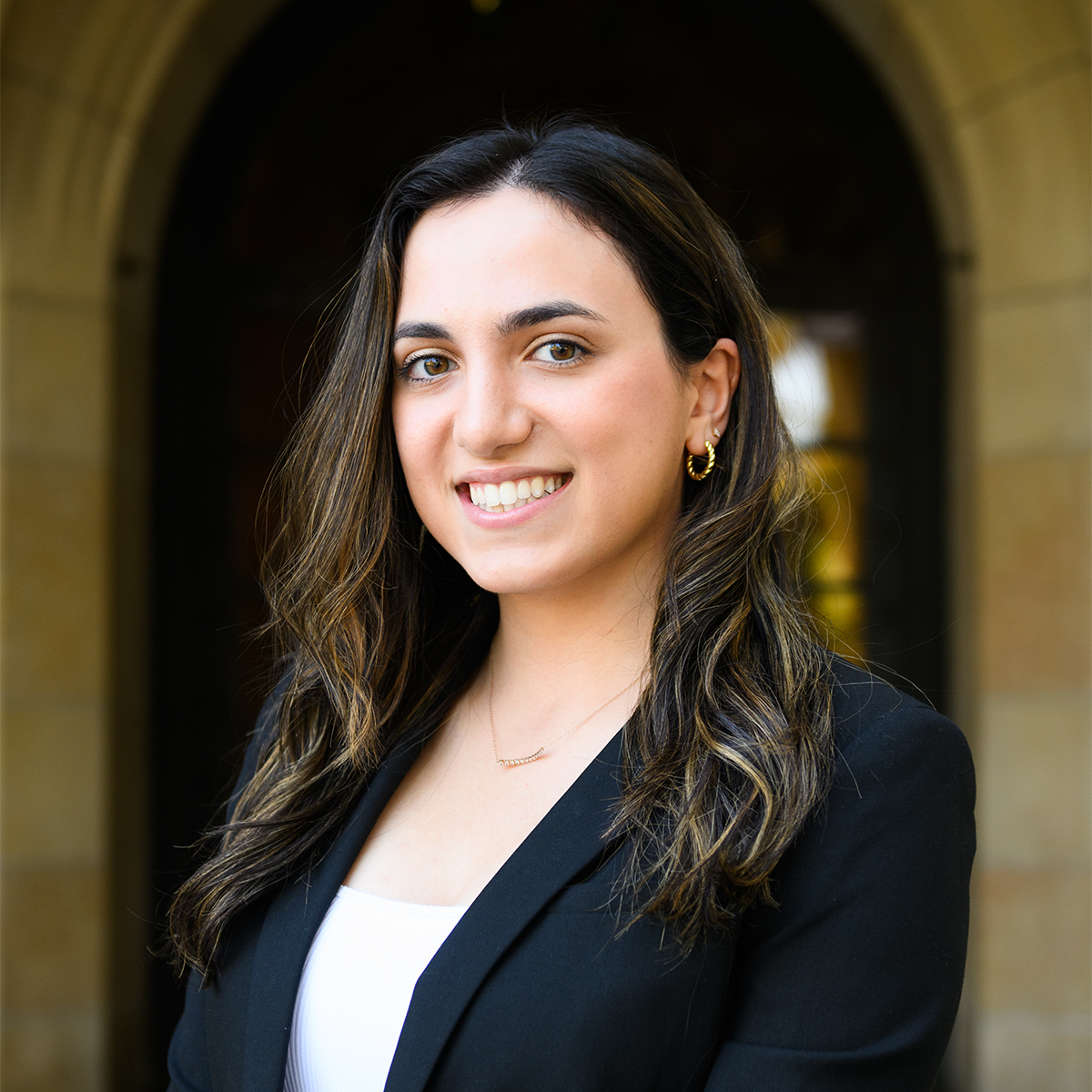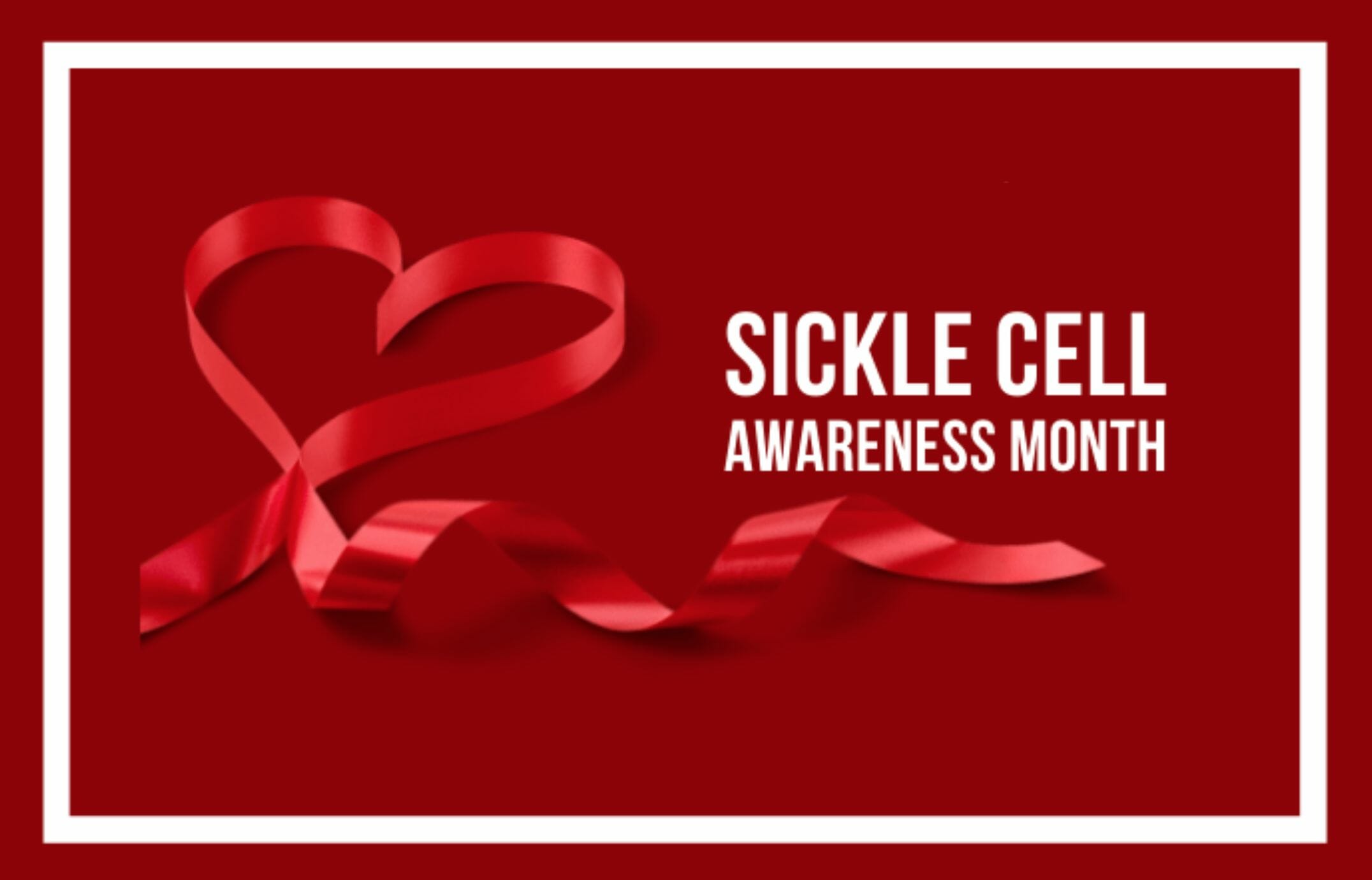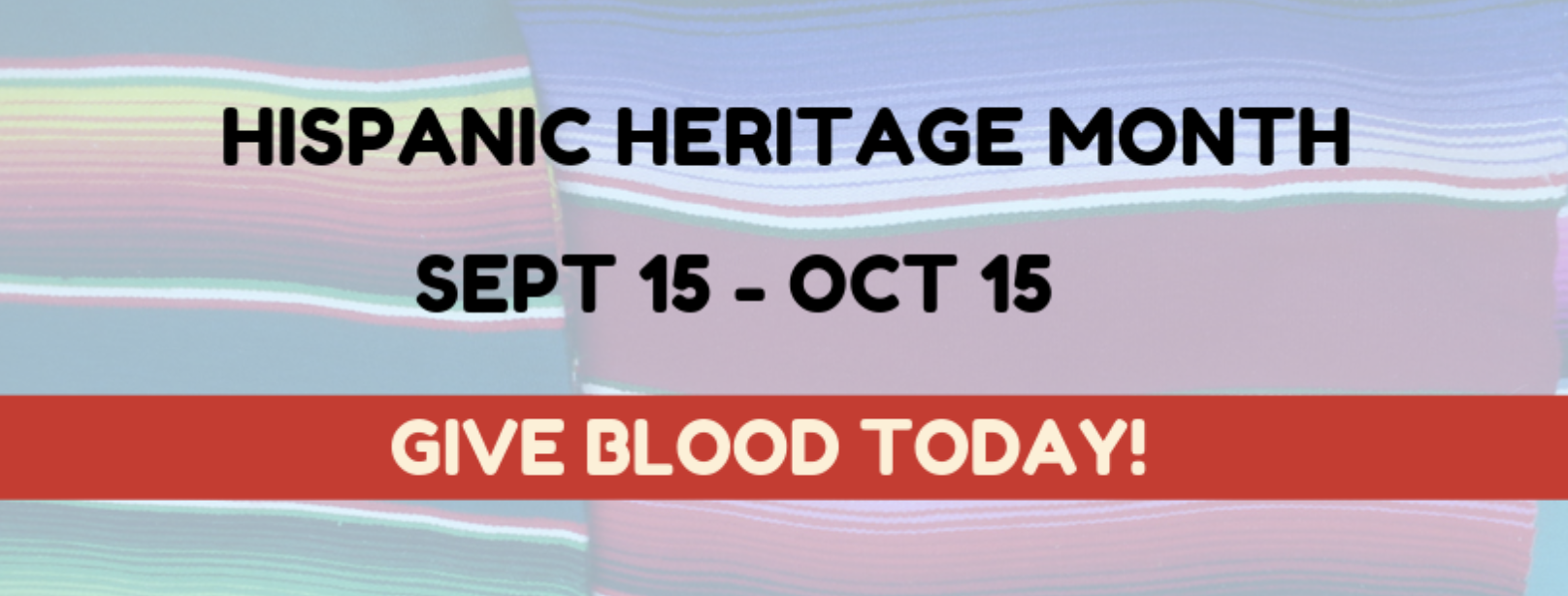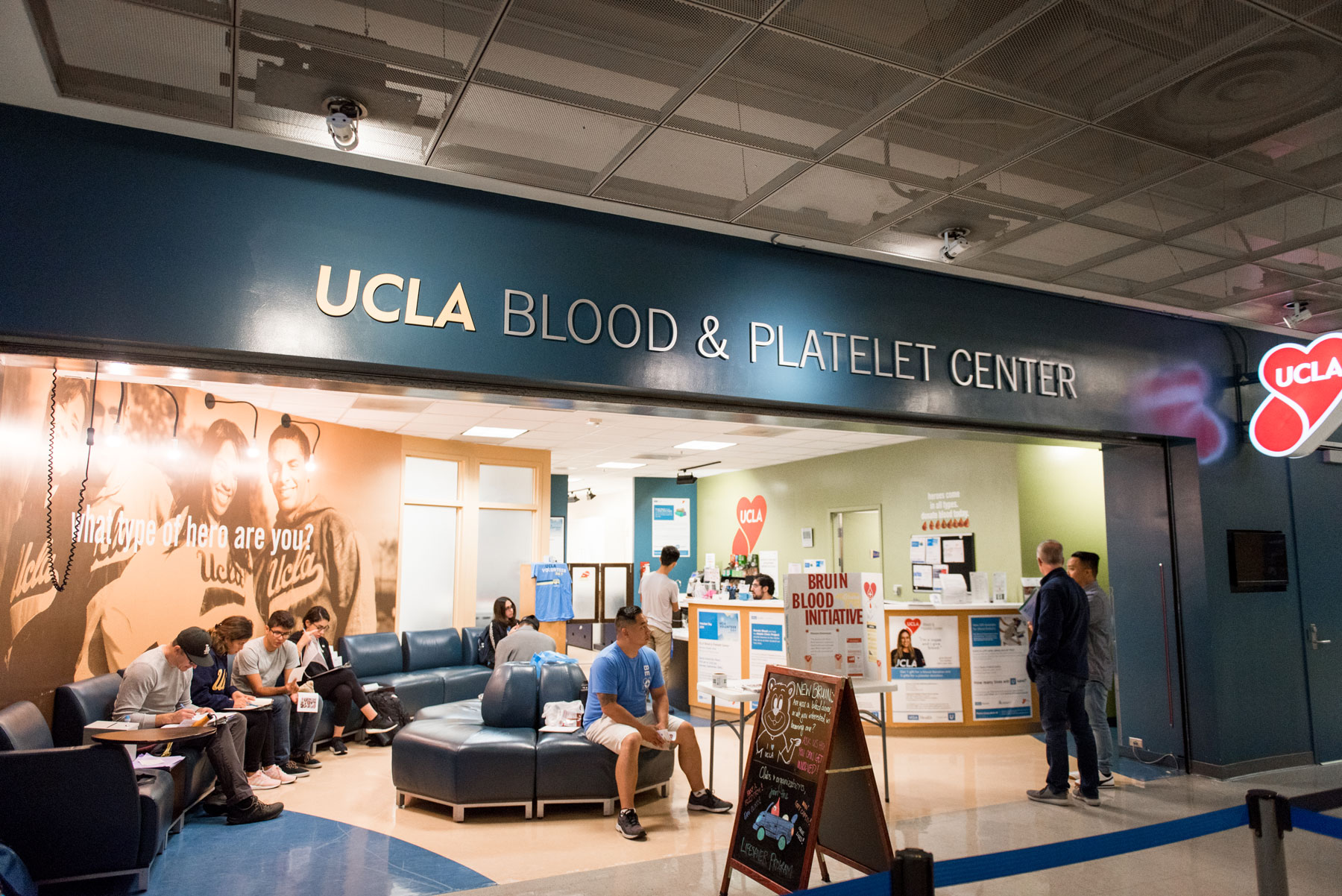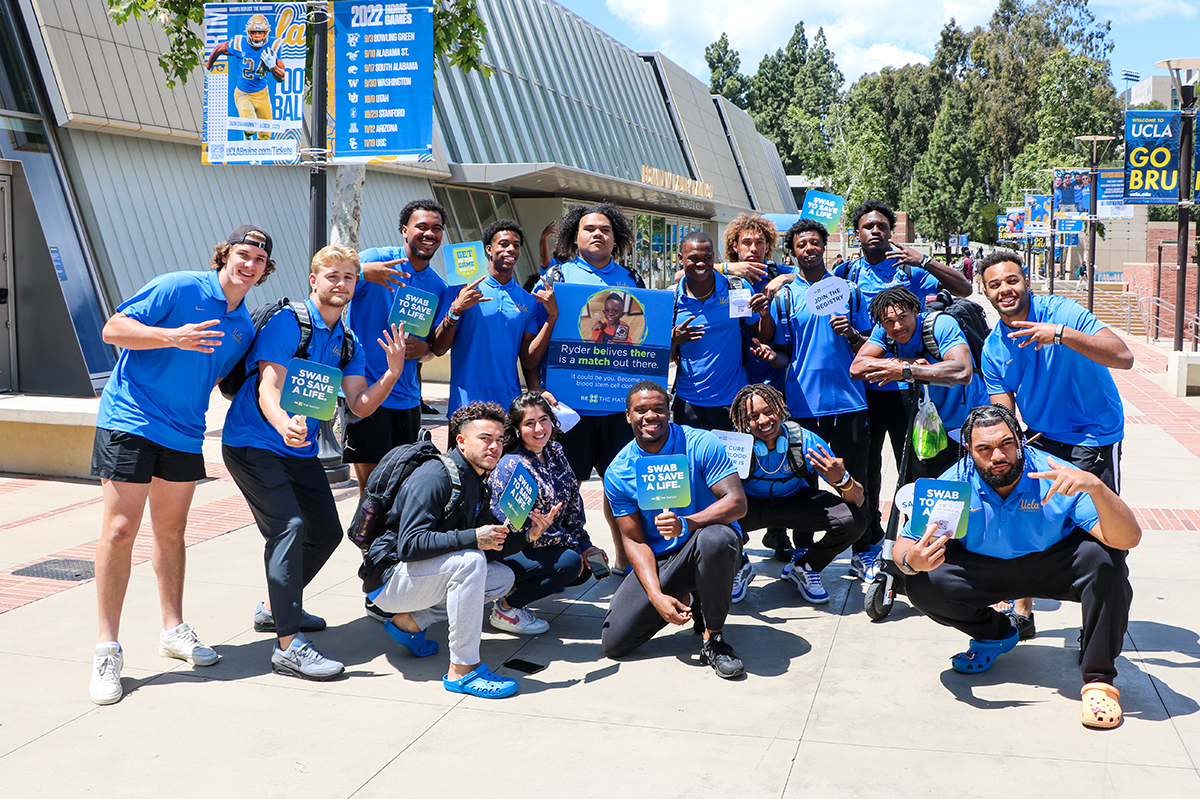UCLA center holds second annual Black History Month blood drive
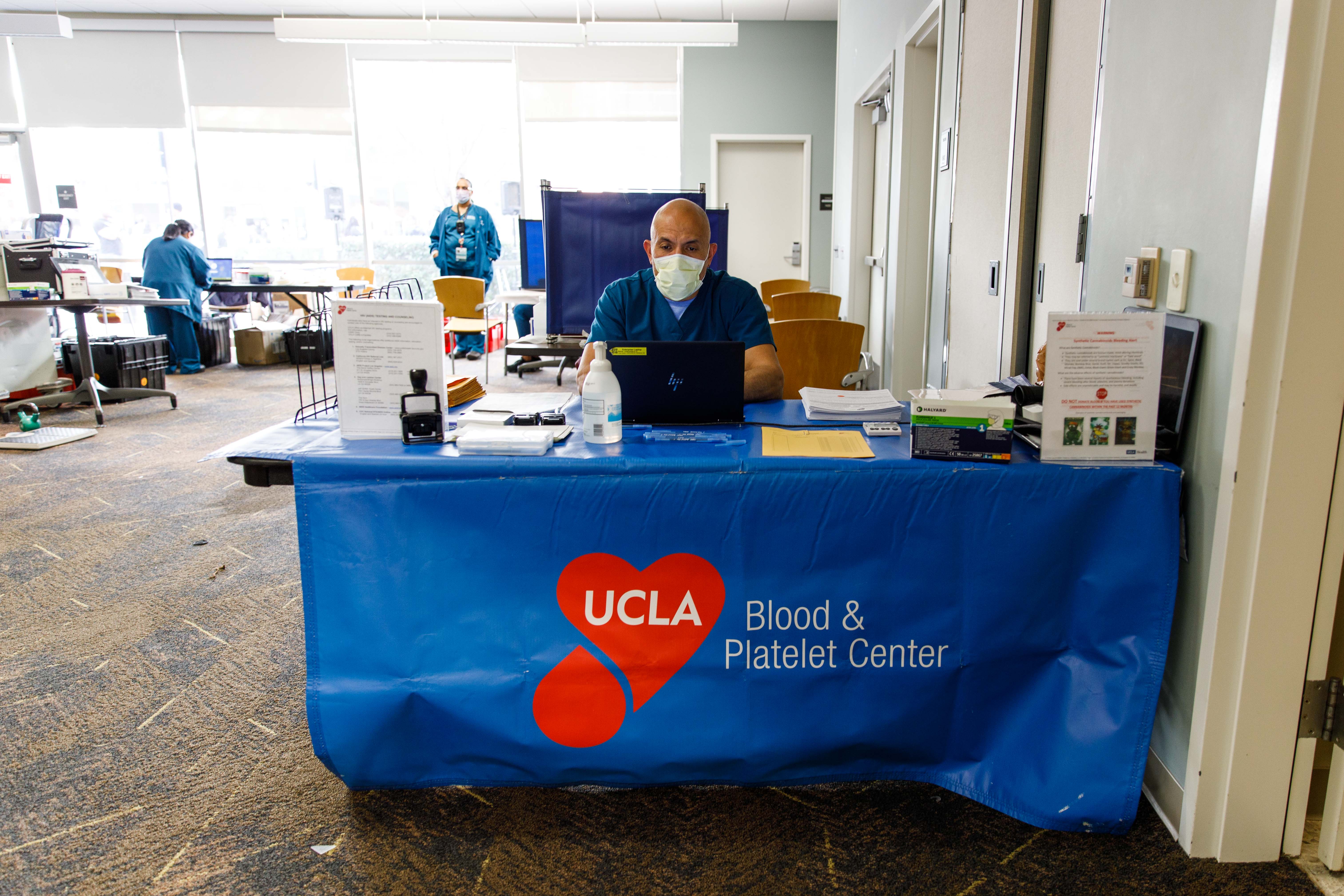
UCLA’s Blood & Platelet Center hosted its second annual Black History Month blood drive Saturday on the Hill (pictured). (Grace Wilson/Daily Bruin)
UCLA’s Blood & Platelet Center hosted its second annual Black History Month blood drive Saturday on the Hill.
The event focused on increasing awareness of the value of a racially diverse blood supply and providing an opportunity for students and university personnel to donate blood.
Tom King, the campus liaison for UCLA’s Blood and Platelet Center, said last year’s inaugural Black History Month blood drive was spearheaded by the Blood Center’s head medical director, Dr. Dawn Ward, who aimed to create more awareness about the importance of people of African descent becoming donors.
Dr. Andrea McGonigle, associate medical director of transfusion medicine and the Blood & Platelet Center, said while many know of the need to match ABO blood types, there are many other markers on red blood cells. A mismatch between the donor and recipient of these other markers can sometimes lead to complications, she said.
One way to avoid these complications is to provide recipients with donor blood that has markers similar to theirs, which comes from being of similar descent, she added. For example, sickle cell disease, a disorder that causes misshapen red blood cells, predominantly affects Black populations of African descent, McGonigle said, adding that patients with the disease often have to receive many blood transfusions throughout their life as part of their treatment. Those with a more severe form of the disease may receive transfusions monthly.
However, McGonigle said since many blood donors are white, a majority of donated blood does not match the blood patients with sickle cell disease require. She said finding fully matched units of blood for patients with sickle cell disease is a challenge as it is often less than 1% of the available blood supply.
By increasing the pool of donors that have similar red blood cell markers to patients, blood products are more readily accessible for patients who need them, which means short- and long-term complications can be avoided, she said.
[Related: UCLA medical centers seek blood donors for liver transplant patients amid shortage]
DeAndre Guyton, a first-year medical student at the David Geffen School of Medicine, said in addition to the lack of Black blood donors, there is also a lack of Black bone marrow donors.
Representatives of Be the Match, a national bone marrow donor registry, also attended the event to encourage people to swab and join the registry. According to their website, Black people in need of marrow transplants have a 29% likelihood of finding a match, compared to 79% for white people in need.
[Related: UCLA football partners with nonprofits to recruit students for marrow registry]
Guyton said events such as the Black History Month blood drive help build credibility in the community.
“These kinds of events really will lead … to more trust within the community,” Guyton said. “(This) will increase the likelihood that people will donate and that people in those life-threatening conditions can find a match. So obviously, there’s a lot of work to be done, but I think this is definitely something that helps.”
Guyton added that to establish deeper trust between Black communities and the medical field, there should be increased representation for members of the community. As a future Black physician himself, he said he plans to constantly work on bridging the gap.
To help support Black men in medicine and inspire youth to enter the medical field, Guyton also founded the UCLA School of Medicine chapter of the organization Black Men in White Coats, which was involved in promoting the blood drive.
King said he brought together several other student organizations at the blood drive, including the National Pan-hellenic Council, to encourage them in educating their peers.
Debrina Collins, president of UCLA’s National Pan-hellenic Council and Delta Sigma Theta’s treasurer for the Pi chapter, was at the blood drive encouraging community members to donate by playing music and mingling in the courtyard.
“We think it’s very important for us to be here and show face and make sure that we continue to make an impact in Black spaces and on campus,” said Collins, a fifth-year African American studies and sociology student. “One great way to leave your legacy and to contribute back to the community is to give blood.”



